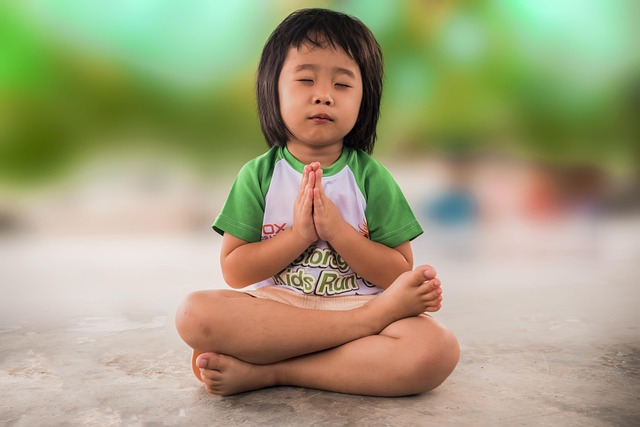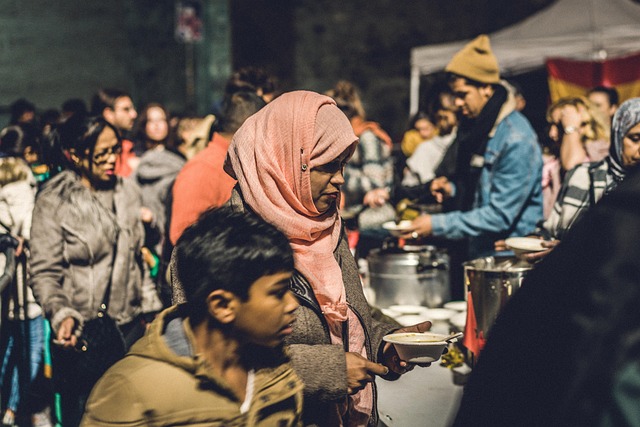In the myriad expressions of spirituality across various faiths, the concept of symbolic actions serves as a profound bridge connecting individuals to their communities and to the divine. Within religious communities, these actions go beyond mere gestures; they embody shared beliefs and values that unite members in a tapestry of faith.
Take, for instance, the ritual of baptism in Christianity. This act of immersion symbolizes a rebirth—a washing away of the old self and a commitment to a new life in Christ. It is not only a personal journey but a collective celebration. Witnessing a loved one undergo this transformative act can evoke a deep sense of belonging, reinforcing the community’s shared faith and values.
Similarly, in the Jewish tradition, the practice of lighting the menorah during Hanukkah symbolizes the triumph of light over darkness. Each candle lit is not just an individual acknowledgment but a community event that reminds participating families of their history, struggles, and collective identity. The flicker of the flames ignites a sense of hope and togetherness, drawing people closer to their roots and to one another.
In Islamic culture, the act of fasting during Ramadan is rich with symbolic actions. The nightly Iftar, where families and friends gather to break their fast, is not just about food; it is about community and gratitude. Each meal shared is a reminder of the blessings in life, fostering a sense of unity and compassion among participants, as they appreciate the experiences of the less fortunate.
Moreover, the act of pilgrimage, or Hajj, in Islam represents one of the most significant symbolic actions in a believer’s life. As millions gather in Mecca, the sheer magnitude of shared devotion transforms the individual experience into a communal phenomenon. This pilgrimage represents a physical and spiritual journey, bringing individuals back to the essence of their faith while solidifying bonds with fellow pilgrims.
Throughout these diverse religious practices, it becomes clear that symbolic actions are not only individual marks of faith but essential threads that weave a community together. They allow for profound expressions of identity, helping believers navigate the complexities of life while fostering a sense of belonging. Being part of a ritual or symbolic act creates shared memories and reinforces the commitment to collective values. This connection through ritual offers comfort and reminds individuals that they are part of something larger than themselves.
Engaging in symbolic actions thus plays a fundamental role in maintaining the fabric of religious communities. These actions provide an avenue for expression, remembrance, and renewal, echoing the sentiments of love, unity, and purpose that lie at the heart of spirituality. As individuals participate in these collective rituals, they are reminded of their place within the community, reaffirming their faith not just as an individual endeavor, but as a shared journey with countless others.




